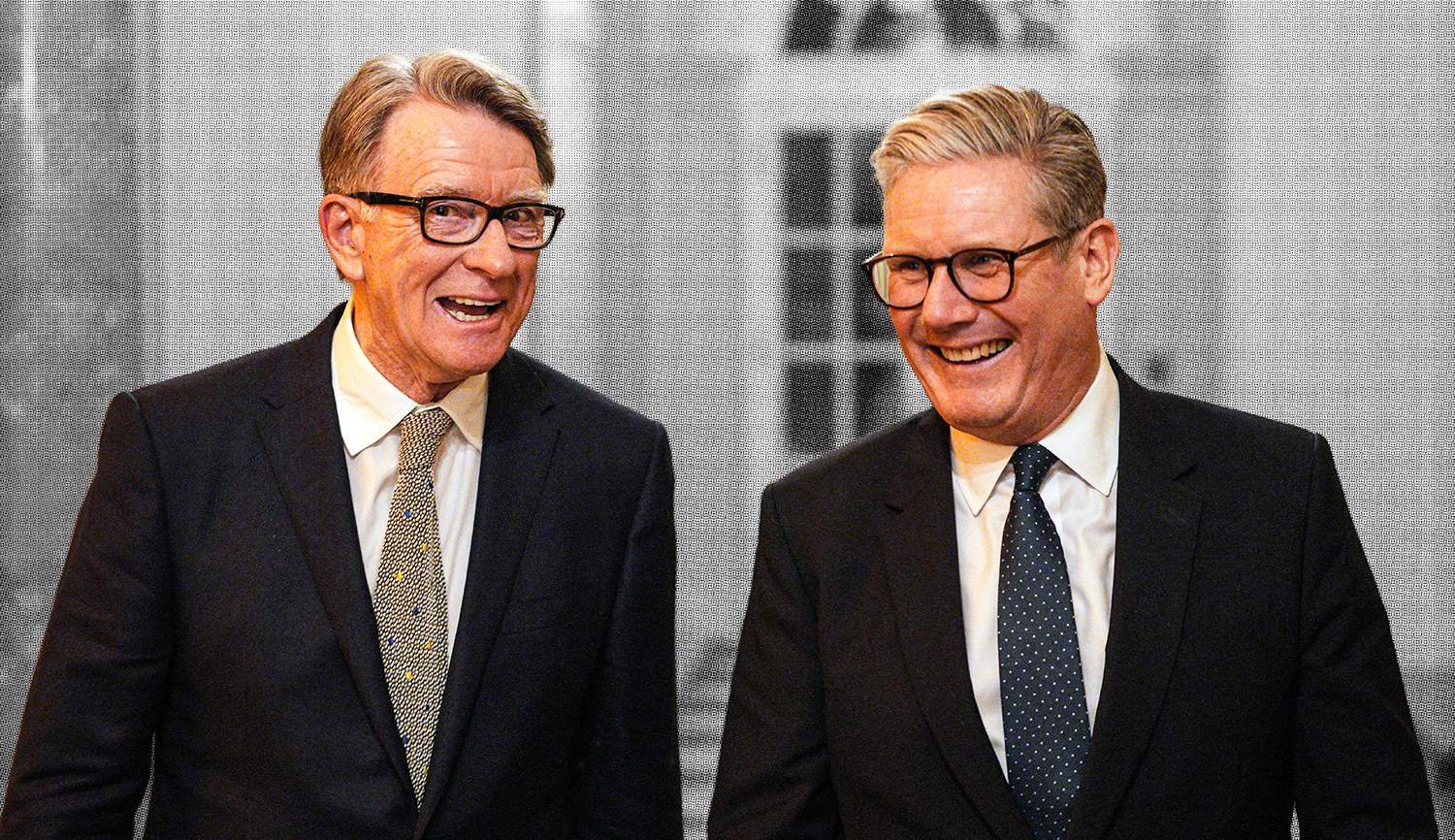
Read our Monthly Magazine
And support our mission to provide fearless stories about and outside the media system
In the run-up to last year’s general election, Keir Starmer promised to “restore standards in public life” and implement “a total crackdown on cronyism”.
The promise would be short-lived. Within months of becoming Prime Minister, Starmer instead hired the disgraced former Labour minister Peter Mandelson to the role of US Ambassador, despite longstanding questions about his associations with the convicted paedophile and sex trafficker Jeffrey Epstein.
These associations were well known, with multiple reports indicating that Mandelson continued to stand by Epstein long after his conviction.
Yet when asked in January 2024 whether Mandelson had “questions to answer” Starmer pleaded ignorance, saying that “I don’t know any more than you do and therefore, there’s not really much I can add”.
The reasons for this pretended ignorance were obvious. Mandelson had long been a close ally of Starmer’s chief adviser Morgan McSweeney, who was himself given his first job in politics by the Labour peer. McSweeney went on to push for Mandelson to be brought into the fold by Starmer.
Later when historical records showed that the Mandelson had personally lobbied for Epstein to meet with former Prime Minister Tony Blair were due for publication, Downing Street officials intervened to prevent their release.
The official reason for this censorship was the potential impact on “international relations” with fellow Epstein friend Donald Trump, yet it’s hard to avoid the suspicion that the chief motivation was protecting Mandelson himself.
Even this week, after an excrutiating birthday message from Mandelson to his “best pal” Epstein was published, Starmer and his team continued to stick by their man, saying that they had “full confidence” in the Labour peer.
It is hard to see where this confidence came from. Mandelson had already been repeatedly sacked under a cloud of scandal during Tony Blair’s time in office and continued to gather controversy in his own post-government business dealings, including reports about his ties to Russian oligarchs.
However, when I asked two years ago about Mandelson’s role advising Starmer as Labour leader, his spokesman told me that he had “no reason to believe” that Mandelson wasn’t a fit and proper person.
Yet those reasons were there for anyone who wanted to see them. That the Prime Minister either couldn’t, or didn’t want to, does not reflect well upon him.
The story on Mandelson’s decades-long survival in public life raises broader questions about how politics and power really works in the UK. As Byline Times’ columnist Peter Oborne wrote in our upcoming print edition, Mandelson was allowed to survive scandals that “would have destroyed any normal politician in a healthy political system.”
“But, in Britain’s dysfunctional one, where corruption, self-seeking, and mediocrity have become normal, he has managed to persuade one weak, dependent Labour leader after another that he is brilliant and indispensable.”
In the end he turned out to be neither.
ENJOYING THIS ARTICLE? HELP US TO PRODUCE MORE
Receive the monthly Byline Times newspaper and help to support fearless, independent journalism that breaks stories, shapes the agenda and holds power to account.
We’re not funded by a billionaire oligarch or an offshore hedge-fund. We rely on our readers to fund our journalism. If you like what we do, please subscribe.

